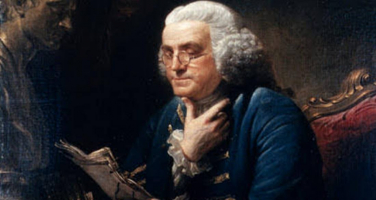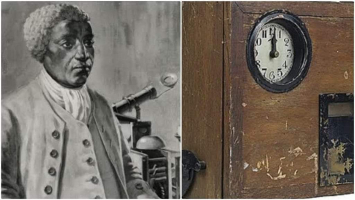Top 5 Interesting Facts about Benjamin Disraeli
Benjamin Disraeli is a British politician and novelist, twice Prime Minister of the United Kingdom. He was also a man of many interests, but he became famous ... read more...for initiating a series of laws in his country that improved the lives of working people while also benefiting the education sector's education and health. Despite his popularity, there are many facts that you may not have known about Benjamin Disraeli. The following article of Toplist will introduce you to interesting facts about Benjamin Disraeli, read this article if you want to know.
-
One of the interesting facts about Benjamin Disraeli is that the Disraeli family has a multicultural background. London was the city where Benjamin Disraeli was born on December 21, 1804. He is Isaac and Maria's lone child. His mother is a Spanish-born Sephardic Jew, while his father is a Sephardic Jew born in Italy.
Benjamin Disraeli is a Sephardic Jew born and raised primarily in Italy. He has a German background as well. In retrospect, he romanticized his ancestry, saying that his father's family had Iberian and Venetian ancestry. In reality, Isaac's family was no different, but Disraeli's mother's side, whom he didn't care about, had a number of notable ancestors, including Isaac Cardoso, as well as members of the famous clans, including the Goldsmiths, Mocattas, and Montefiores. Regarding Disraeli's motivations for altering his family history, historians have argued in several ways: Sarah Bradford thinks that "his customary disdain will not enable him to accept the truth that his birth is middle-class and not as spectacular as reality." Bernard Glassman suggested that it was meant to elevate him to a status comparable to England's governing elite. At some point, Isaac and Maria both moved to London, where Benjamin's grandfather even once held some significant positions in Jewish society.
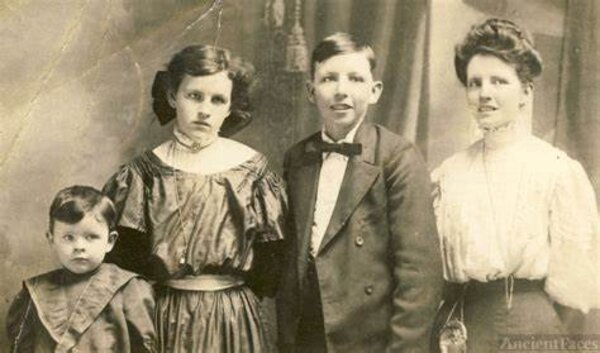
Photo: https://www.ancientfaces.com/ 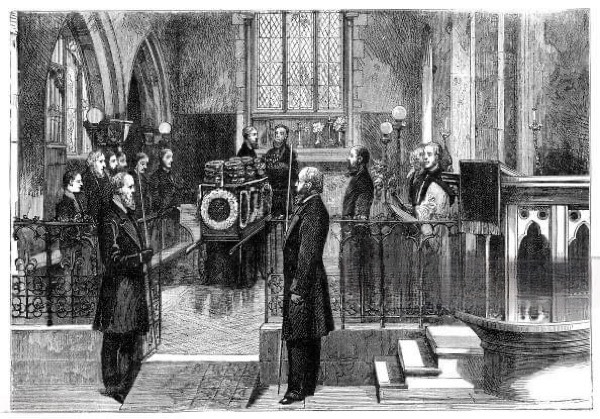
Photo: https://media.gettyimages.com/ -
Despite attending a number of tiny private schools where he received an excellent education, Benjamin still finds it challenging to attempt new things. For instance, he lost all he had ever owned when he chose to speculatively invest in South American mining stocks in 1824. Despite the fact that many people will disregard it, Benjamin's situation is just the opposite. Disraeli was destroyed by the mining bubble crash. He and his business partners had lost £7,000 by June 1825. The last loan Disraeli incurred during this crisis wasn't settled until 1849.
The idea for the book came from a pressing need for money. He tried to start a sensational daily newspaper named The Representative, but that endeavor also failed. It was a disaster, and the worst part was that he couldn't pay off his debt. Few people know this fact about Benjamin Disraeli.
He was always moody, sensitive, and lonely by nature, but now became severely depressed and comatose, according to Disraeli biographer Jonathan Parry, who claimed that the financial failure and personal criticism Disraeli experienced in 1825 and 1826 were likely the cause of a severe nervous crisis that affected him for the following four years. He continued to live with his parents in London, but Isaac relocated the family home for a change, as advised by his family doctors, before Disraeli sought larger horizons.
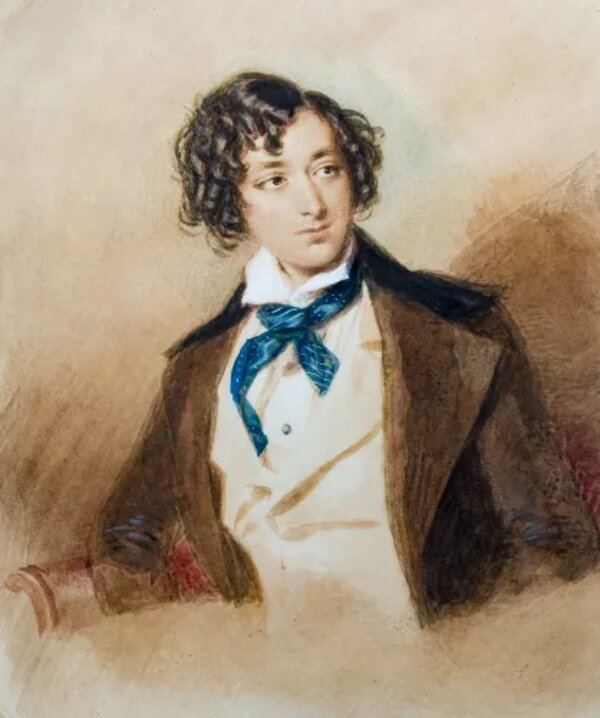
Photo: https://i2.wp.com/ 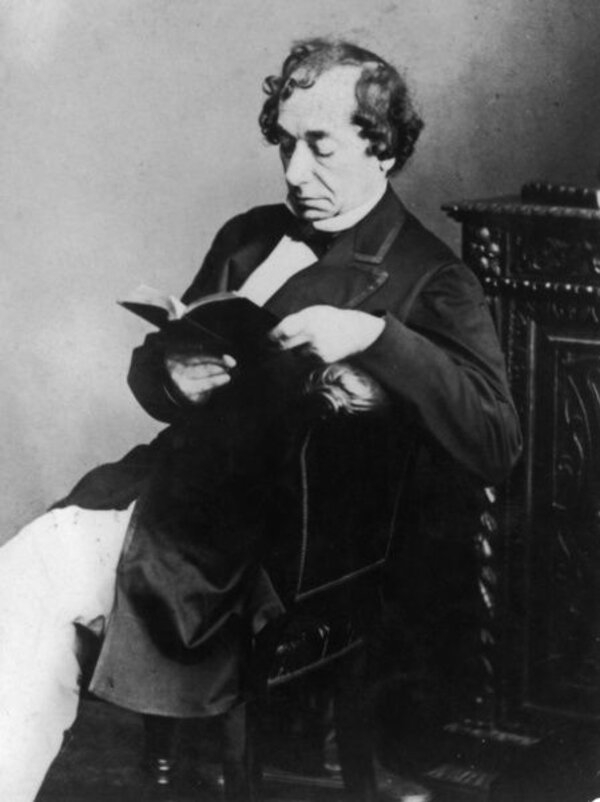
Photo: https://www.mediastorehouse.com/ -
One of the interesting facts about Benjamin Disraeli is that the Disraeli was an avid reader and a published writer. When he was 15 years old, he published his first short fiction. Despite facing a great deal of harsh and unfavorable criticism for his opinions, he went on to create and publish a great number of other novels throughout his lifetime.
Benjamin Disraeli published three anonymous booklets for Powles in 1825 to promote the business. In his first book, Vivian Grey, Disraeli describes an old business associate in a very sarcastic and arrogant manner. Vivian Grey was published anonymously in four volumes from 1826–1827. When the copyright was revealed, it generated a lot of controversy and influence, despite its strong sales. Disraeli, who was only 23 at the time, was not actually a member of high society, as his book makes clear. This book first enjoyed great success, but when readers learned that Disraeli was the author, sales of the book abruptly declined. This is what made Benjamin Disraeli crazy, and it even caused him to have a nervous breakdown.
After a trip to relieve his fatigue, Disraeli authored two novels. Contarini Fleming's iconic self-portrait was created in 1832. The book's subtitle, "a psychological autobiography," describes the contrasting traits of its hero, including his mixed Northern and Mediterranean origin, his dreamer persona, and his willingness to take risky action. The book closes on a political note, Parry notes, outlining Europe's evolution "from feudal ideals to federalism." The following year's "Miracle Story of Alroy" portrayed a medieval Jew's struggles to choose between a big, all-encompassing kingdom and a little, monopolistic Jewish homeland.
Following the publication of the two books, Disraeli declared that he would "not write any more about himself." During the Great Reform Bill controversy in 1832, he began to focus on politics.
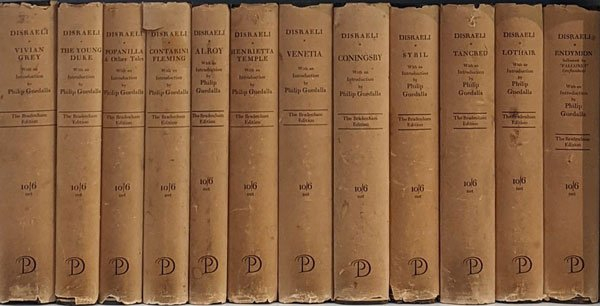
Photo: https://badgerbooks.com.au/ 
Photo: https://i.gr-assets.com/ -
Despite the fact that Benjamin is not good at writing, most of his business exploits have been fairly successful. In reality, four years after having a nervous breakdown, he made the decision to seek a career in politics.
Even though it took him four attempts to get a seat in 1837, things initially went extremely well for him. Nevertheless, he was ultimately chosen as the Tory candidate for Maidstone. Disraeli has completely embraced conservatism. In 1836, he was chosen to join the elite Tory Carlton Club, and Lady Londonderry, the party's top hostess, also accepted him. When William IV passed away in June 1837, his niece, the young Queen Victoria, took over as monarch, and parliament was dissolved. At the Carlton Club's suggestion, Disraeli was chosen as a Tory parliamentary candidate in the next general election. Disraeli was one of two Tories who won seats in the House of Commons for the Maidstone constituency in the elections of July 1837.
He was a really, extremely outstanding speaker who spoke clearly and concisely, and because of this, people all over the UK began to pay attention to him. As a result, his political career thrived, and in 1852 he was appointed Chancellor of the Exchequer. Despite having admitted to the Prime Minister that he knew little about finance, Disraeli remained to lead three more governments before deciding to step down in 1868, more than 16 years after taking office.
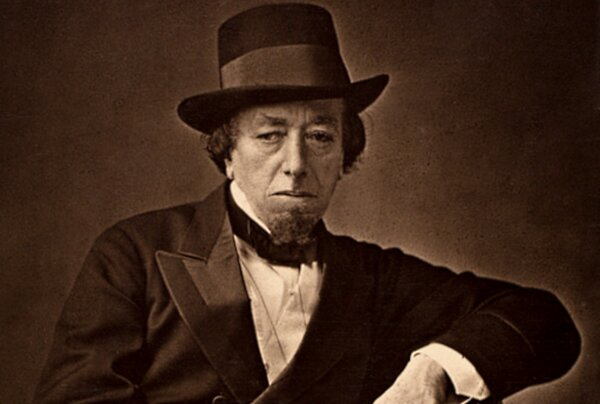
Photo: https://listverse.com/ 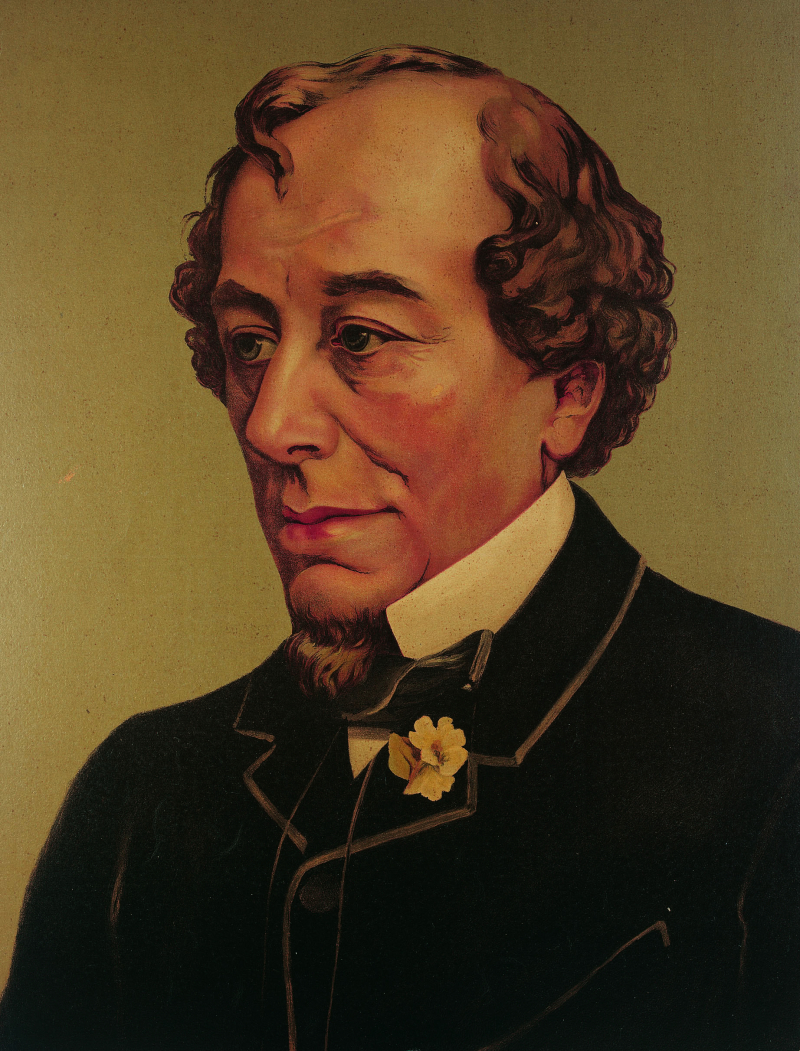
Photo: https://segulamag.com/ -
One of the interesting facts about Benjamin Disraeli is that he finally became Prime Minister of the United Kingdom. Benjamin Disraeli couldn't believe his luck when Lord Derby, the country's prime minister at the time, gave him a job in his administration, even though he knew little about the job keep in mind that he shall do. Of course, it was only a matter of time until the government was overthrown and the economy crashed, so Lord Derby resigned as prime minister in 1868.
Following his second resignation by Derby, Disraeli faced dissent within the Conservative ranks from those who blamed him for the defeat, or who felt he was disloyal to Derby. The former Prime Minister had warned Disraeli that some MPs were seeking to remove him from the front seat. Among the conspirators was Lord Robert Cecil, a young Conservative MP who would become Chancellor a quarter-century later as Lord Salisbury; he writes that Disraeli's leadership in the Commons reduces the Conservatives' chances of holding office.
Derby addressed Disraeli in a letter at the end of February, during a meeting of Parliament, requesting assurances that "you will not flinch from the additional burdensome obligation." Affirming Disraeli as "the only Disraeli who can command the cordial support of current comrades," Derby wrote to the Queen after feeling at ease. On the Isle of Wight, at Osborne House, the Queen requests that Disraeli form a government. Soon after, Queen Victoria suggested that Disraeli become the next prime minister of the United Kingdom. But Disraeli's control of the Conservative Party was never without peril, particularly after his health deteriorated and his wife passed away.
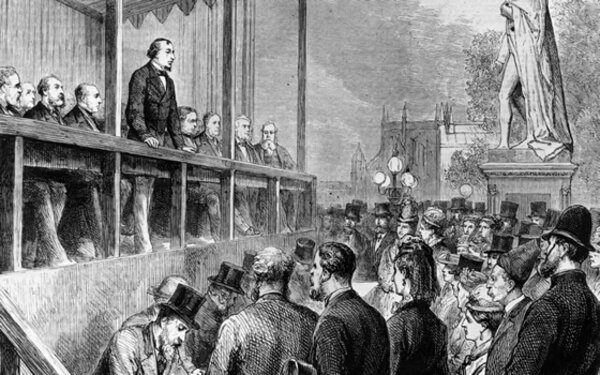
Photo: https://2.bp.blogspot.com/ 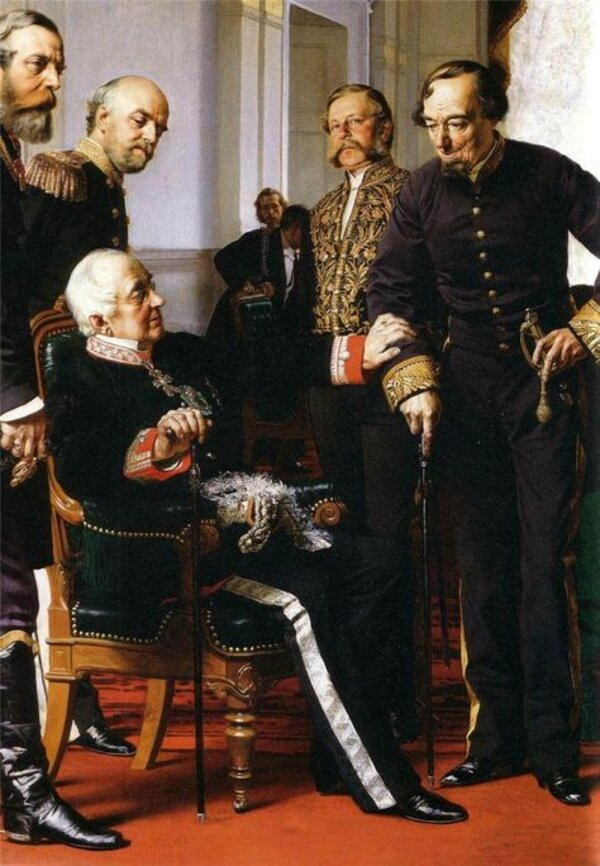
Photo: https://i.pinimg.com/








